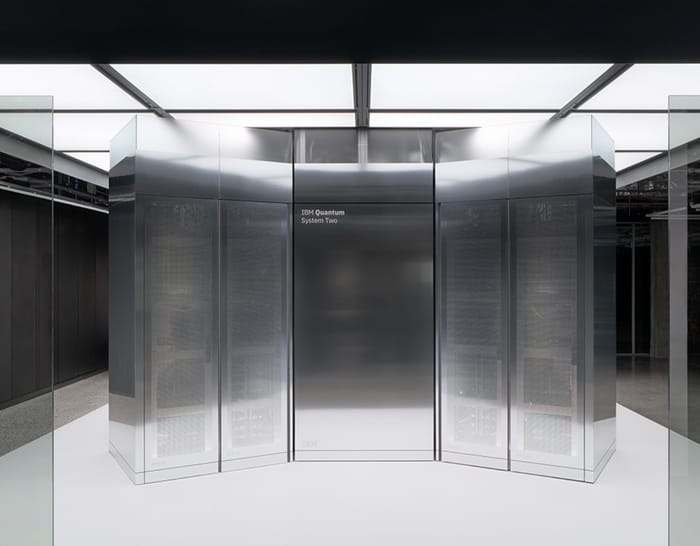
Connects decision-makers and solutions creators to what's next in quantum computing
DARPA to Evaluate 2 Approaches to Utility Scale Quantum ComputingDARPA to Evaluate 2 Approaches to Utility Scale Quantum Computing
Microsoft, PsiQuantum plan to work on designs for an industrially useful quantum computer

The U.S. Defense Advanced Research Projects Agency (DARPA) has selected Microsoft and PsiQuantum for the final stage of a program investigating when useful quantum computers will be possible.
The companies plan to work on the validation and co-design stage of the Underexplored Systems for Utility-Scale Quantum Computing (US2QC) program, part of the broader Quantum Benchmarking Initiative (QBI).
Announced in July 2024, QBI aims to determine whether an industrially useful quantum computer can be built faster than conventional predictions suggest. The goal is to rigorously verify whether a utility-scale quantum computer (one whose computational value outweighs its cost) can be realized by 2033.
The QBI expansion builds upon the second stage of US2QC, in which Microsoft and PsiQuantum were already participating. In this latest phase, both companies are refining and validating their quantum computing designs.
"Our government evaluation team has been working closely with both companies since the beginning of 2023 to scrutinize their approach to building a utility-scale quantum computer,” said DARPA QBI program manager Joe Altepeter.
"Both companies have undergone an incredibly rigorous and deeply technical analysis from what is almost certainly the world's best quantum computing test and evaluation team. Now, we're ready to evaluate their final utility-scale system designs, conduct government testing of components and hardware, and assess system-level performance capabilities of major prototypes.”
While both companies are pursuing the goal of a utility-scale quantum computer, their technical approaches are vastly different.
Microsoft is developing an error-corrected superconducting quantum computer utilizing a compact topological qubit architecture. PsiQuantum is using silicon-based photonics to construct an error-corrected quantum computer using a lattice-like fabric of photonic qubits.
More than 50 experts from the DARPA quantum computing test and evaluation team examined both companies' technical approaches, plans for fault-tolerant prototypes, long-term R&D strategies, system architectures and application utility ahead of their selection.
DARPA is expected to announce additional QBI Stage A participants soon. The companies, selected from proposals submitted last summer, will present their utility-scale quantum computing concepts to the agency's evaluation team.
"Since we expanded our quantum computing efforts beyond US2QC with the announcement of QBI last summer, we are very close to selecting additional quantum computing companies whose plans for a utility-scale quantum computer show promise," Altepeter said.
"Early this spring, we anticipate announcing multiple awards to companies who will be entering QBI Stage A, where they will describe their utility-scale quantum computing concepts to an extraordinary test and evaluation team. Stay tuned for news of these selections soon."
About the Author
You May Also Like






